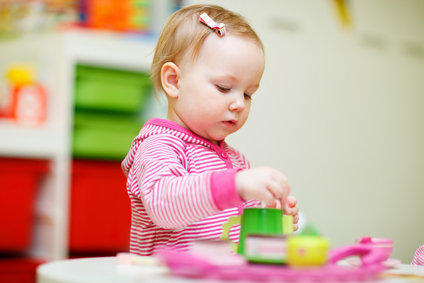Work more and longer or public service level will drop, warns report


Older people, immigrants and women will have to work more hours to sustain the current level of pensions and public services, Dutch demographics institute NIDI has said in a report.
The government-commissioned report, which charts the consequences of the changing demographics in the Netherlands for the second half of the century, shows that the number of 80-year-olds will have doubled or trebled by 2050 while fewer people will be working.
‘The population is ageing and the number of young people is declining,’ NIDI director Helga de Valk told broadcaster NOS. ‘That means that a smaller working population which will have to cough up the premiums for a large number of elderly if we want to hold on to the same level of public services. And that will impact on the economy.’
The way to solve the problem is to promote labour migration, defer the pension age and stimulate women to work more hours. Just 26% of Dutch working women have a standard, full-time job compared to 69% in the rest of Europe.
NIDI said that new policies, such as free childcare, early training for asylum seekers, and measures to improve health on the work floor, will promote greater labour participation.
The number of one person households will grow, the NIDI said, because immigrants and the elderly – the groups that will be increasing – often live alone. The government, it said, could relieve the pressure on the housing market by not penalising people on benefits who live together and by promoting communal living.
The agency predicts that by 2050 more women will have a higher level of education which will give them a better chance in the labour market. However, more attention will have be paid to boys, particularly those with an ethnic minority background, whose level of education will be relatively lower.
Thank you for donating to DutchNews.nl.
We could not provide the Dutch News service, and keep it free of charge, without the generous support of our readers. Your donations allow us to report on issues you tell us matter, and provide you with a summary of the most important Dutch news each day.
Make a donation